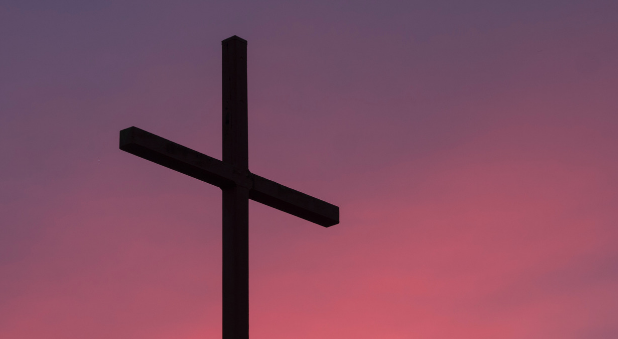Do you believe in miracles? Well, your answer might depend upon your definition of a miracle, or it might depend upon whether you think I am asking if miracles occur today or only in the past. However, it is a good question to ask your friend or neighbour: “Do you believe in miracles?”
What do you mean by miracle?
By miracle, most people mean an extraordinary event, verified by observation but unable to be explained by modern science. The eighteenth century Scottish philosopher, David Hume, famously stated:
A miracle is a violation of the law of nature; and as a firm and unalterable experience has established these laws, the proof against a miracle, from the very nature of the fact, is as entire as any argument from experience can be imagined.
Like the lecturer in Philosophy that I once debated at the University of New England many years ago – who merely parroted Hume’s thesis – the same misguided thinking is alive and well in our universities today. Such thinking, of course, is a classic example of human autonomy and frankly, arrogance.
What is wrong with Hume's definition
Firstly, Hume’s definition of miracles and hence his argument against their existence is circular. His “law of nature”, for example, is grounded in the experience of what we observe, which he claims to be “firm and unalterable”. In other words, since experience has established these laws, ruling out miracles by definition, that is therefore the “proof” against their existence – as secure as our experience of never having witnessed a miracle! Human experience, therefore, is the arbiter of truth and forms the “cogent” argument that miracles do not exist. Indeed, as he says in the same essay:
No testimony is sufficient to establish a miracle unless the testimony be of such a kind that its falsehood would be more miraculous than the fact that it endeavours to establish.
How different this is from the testimony of Holy Scripture. The Bible clearly portrays the revelatory nature of miraculous events during the three great epochs of God’s extraordinary events: in the days of Moses, Elijah/Elisha and Jesus and his apostles. Moreover, as we read about these miracles, we see not just wonder and surprise in the unexpected but a revelation of God’s glory, power and redemption. They are not just “wonder works” for the purpose of effect, but aspects of God’s revelation.
For this reason, the apostle John describes Jesus’ miracles as signs – pointing to the reality of who Jesus is and what he came to achieve, a revelation of his glory. John recounts seven miracle signs in his Gospel, culminating in the resurrection.
Moreover, the resurrected Jesus was not seen by merely a few individuals, but by more than 500 people.
God’s authority over all creation is the solid ground upon which miracles rest. Just as his creative power made the sun, so his powerful hand can stop it in its tracks. Indeed in the new heavens and the new earth, there shall be no need of sun or moon, for the glory of the Lord will be its light.
The greatest miracle
This month we shall again celebrate God’s greatest miracle, the resurrection of the Lord Jesus. Our faith rests upon this fact. For if Christ is not risen from the dead, we are still in our sins. But Christ has been raised from the dead. We believe this not based merely on account of the testimony of so many, but on the veracity of God’s word. God himself has spoken. His word is true.
We may not understand how a dead body can return to life, other than by resuscitation. Yet Jesus’s resurrection was no resuscitation; it was the reversal of the cycle of death in his body, the defeat of death itself and victory over the grave. On our behalf, he conquered the Evil One and so secured our heavenly destiny by removing the offence that separated us from the Father, and by granting us the righteousness which we lacked to enter his presence.
Do you believe in miracles?
Yes, we believe in God and we believe that Jesus rose again. We shall proclaim it from the rooftops and declare it in the streets. Let not this Easter allow us to be distracted by the trappings of hot cross buns and chocolate eggs.
While the world might think us mad – for they believe only death and decay awaits us – we have a confidence, grounded in God’s Word, that we too shall share in Christ’s resurrection at the last Day, at the archangel’s call and the sound of the trumpet of God. This too will be miraculous.
May your Easter celebrations remind you of our miracle-working God. Hallelujah!






















